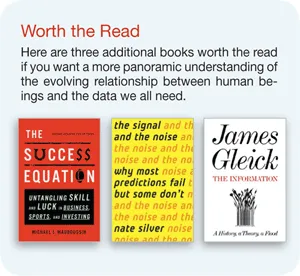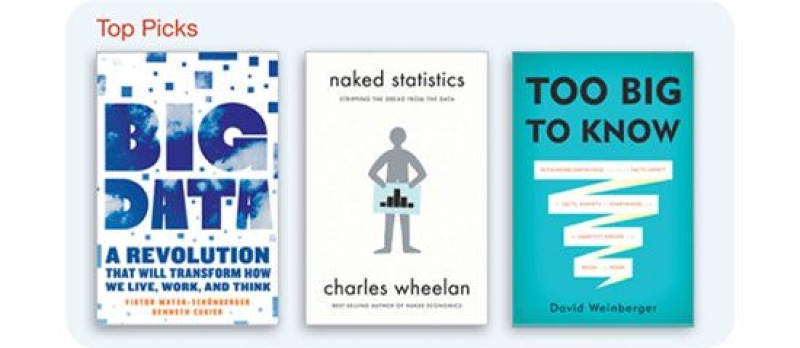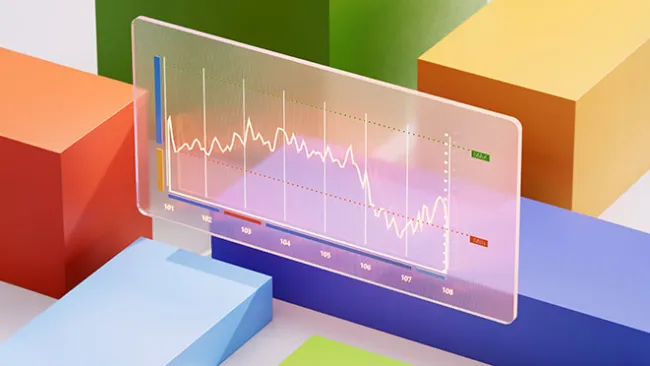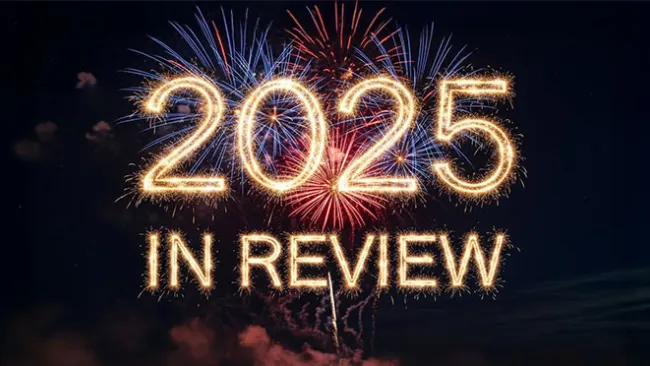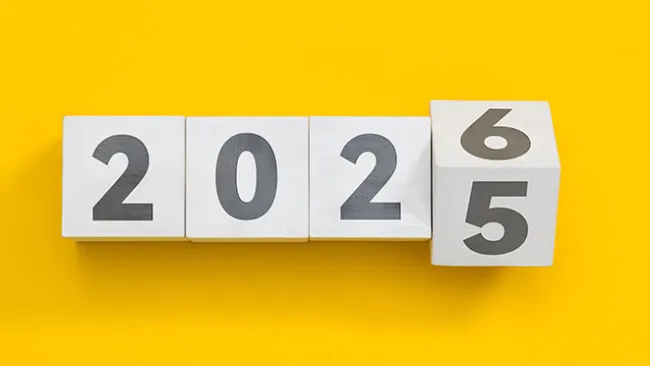Big Data can now predict whether the airfare for a particular flight or the retail price for a particular product is likely to increase or decrease. It can identify flu outbreaks weeks faster than the government's own Centers for Disease Control, and it can quantify the general rate of inflation months in advance of the figures released by the Bureau of Labor Statistics. Google, all by itself, processes some 24 petabytes of data, or 24 million gigabytes, every day. This explosion in data is a very fast-moving train. (Your own spell-check might not even include the word "petabyte" yet!) And we're only just now beginning to connect up the billions (or trillions?) of devices and objects that will eventually form the "Internet of Things," which will generate far more data than this.
I've compiled a down-and-dirty quick reading list, if you want to begin to appreciate the strategic aspects surrounding Big Data. These are some of the books I've already read myself, just to begin to understand the issues involved. Happy reading!
Big Data: A Revolution That Will Transform How We Live, Work, and Think (2013)
By Viktor Mayer-Schonberger and Kenneth Cukier
This is a smart, up-to-date synopsis of how the massive availability of data today is already changing the parameters of decision-making in business, government, and society. Chock full of interesting examples, make this the first book you read, especially Chapters 1-5. Among other things, the book succinctly defines the term Big Data as standing for the "things one can do at a large scale that cannot be done at a smaller one."
Naked Statistics: Stripping the Dread from the Data (2013)
By Charles Wheelan
Don't try to understand the role of Big Data without understanding the basic principles of statistics. This is a great book for the non-mathematically inclined, focusing on the principles, rather than the equations (although each chapter has an addendum with the math available). Statistical reasoning will soon be as important as literacy, so if you aren't already familiar with the subject, then you should definitely consider this to be required reading!
Too Big to Know: Rethinking Knowledge Now That the Facts Aren't the Facts, Experts Are Everywhere, and the Smartest Person in the Room Is the Room (2012)
By David Weinberger
Too Big to Know delves into the implications of our being immersed in a sea of information that we can no longer really understand. This is a more philosophically nuanced book about the human and societal issues involved, and calls for deeper thinking about the changing nature of knowledge itself. One important aspect of this book is that it drills down into the cause-and-effect issue raised by the book referenced above, Big Data.
And if you're still interested, here are a few more worth the read.
